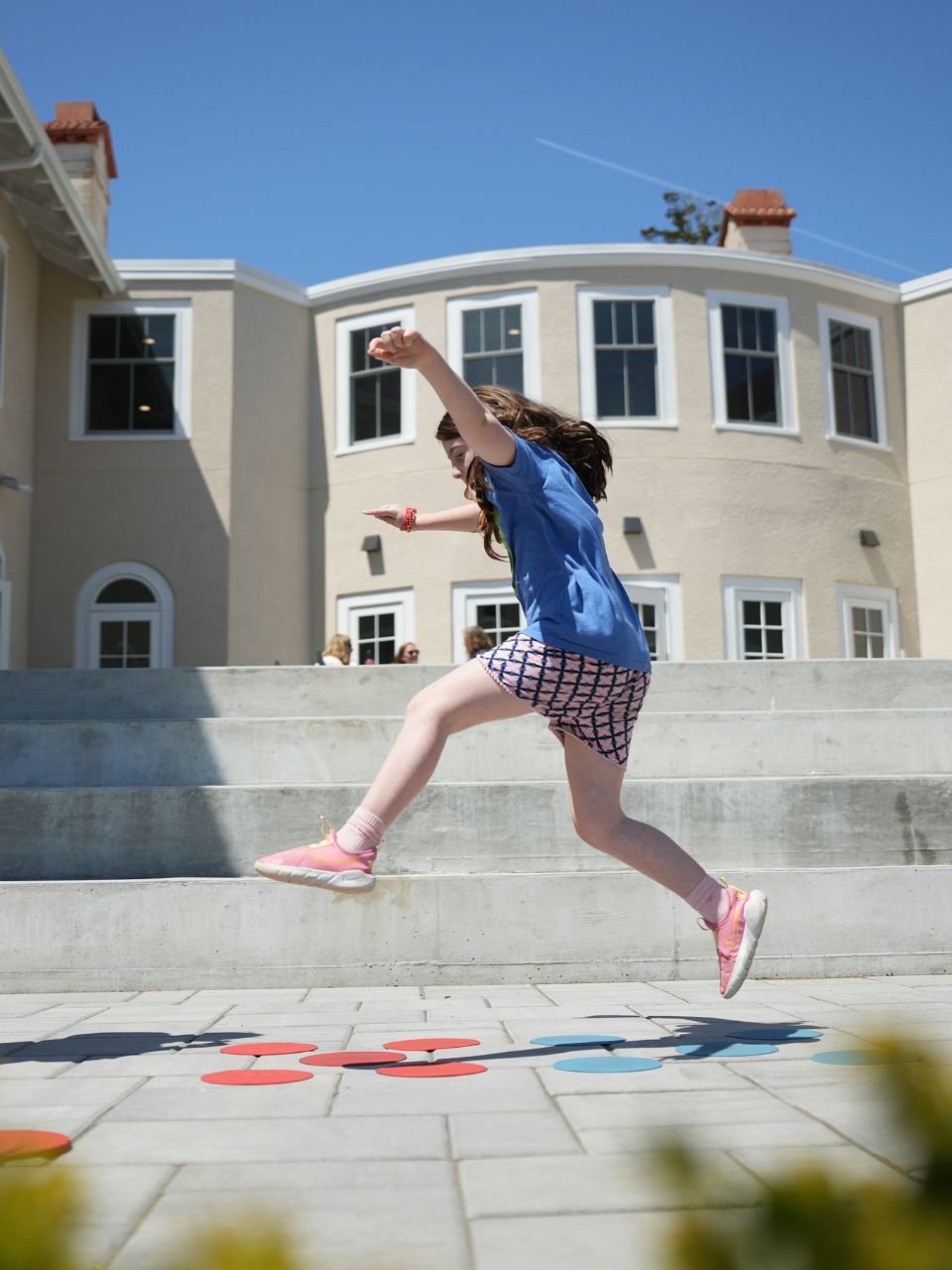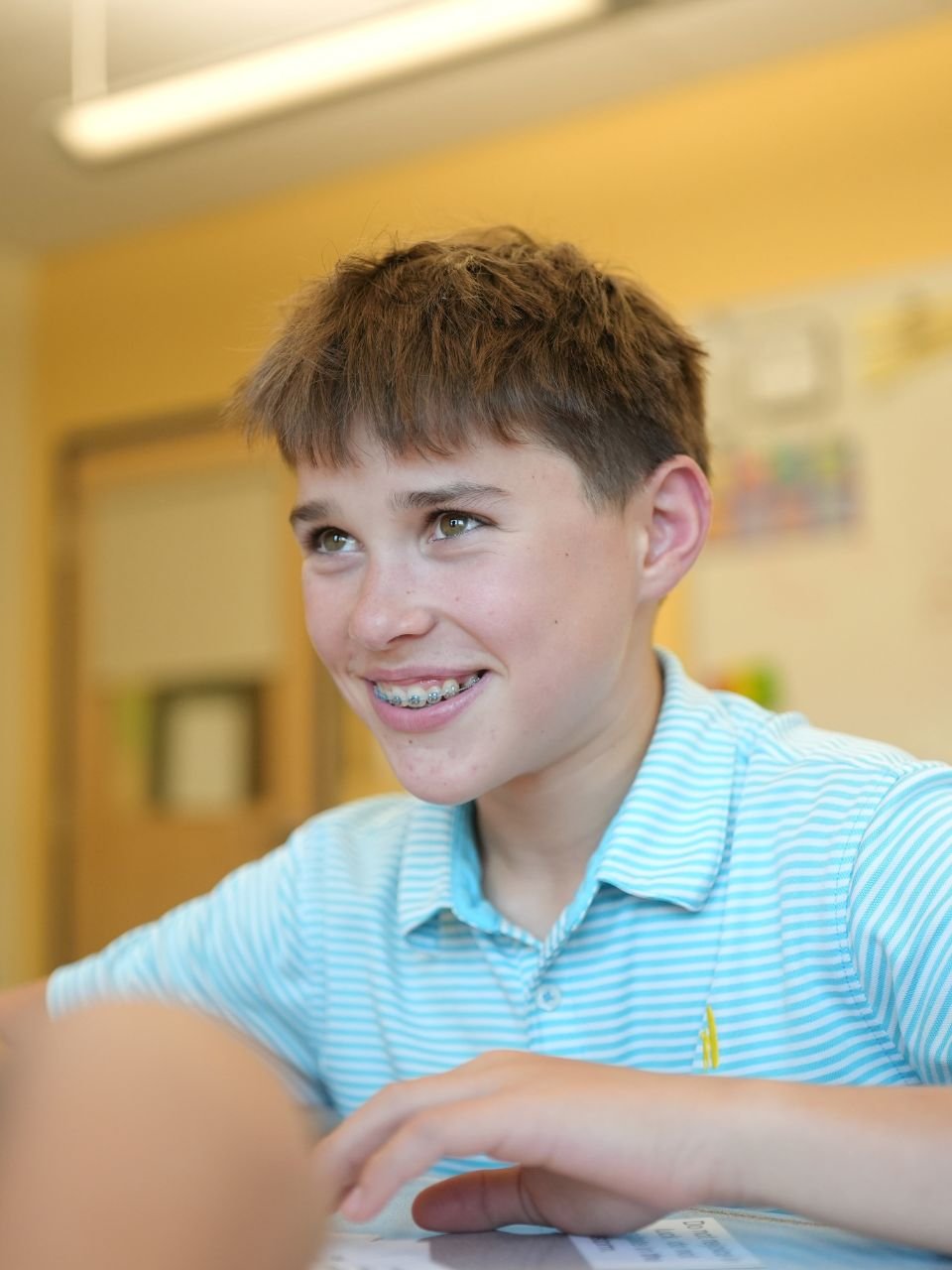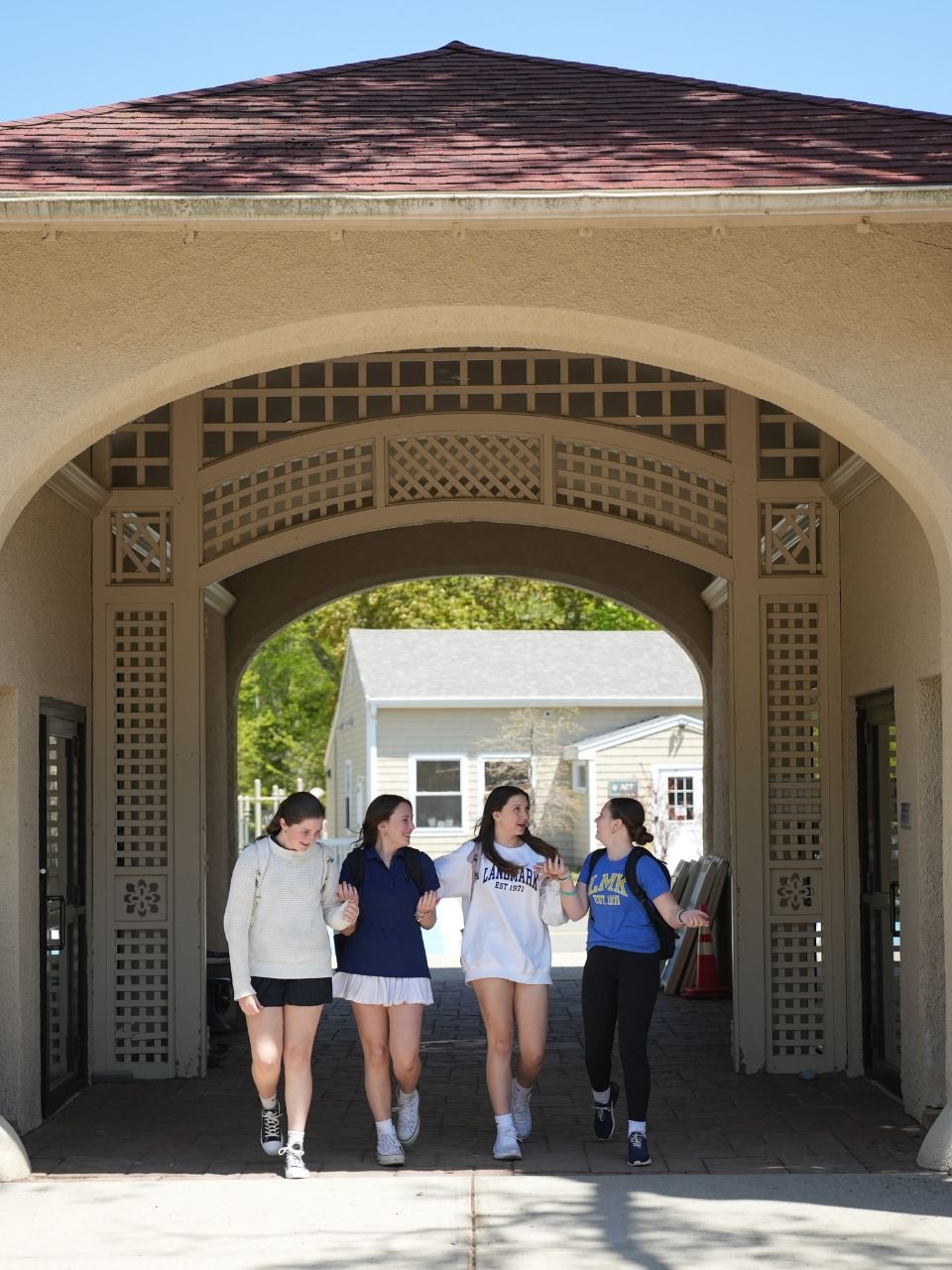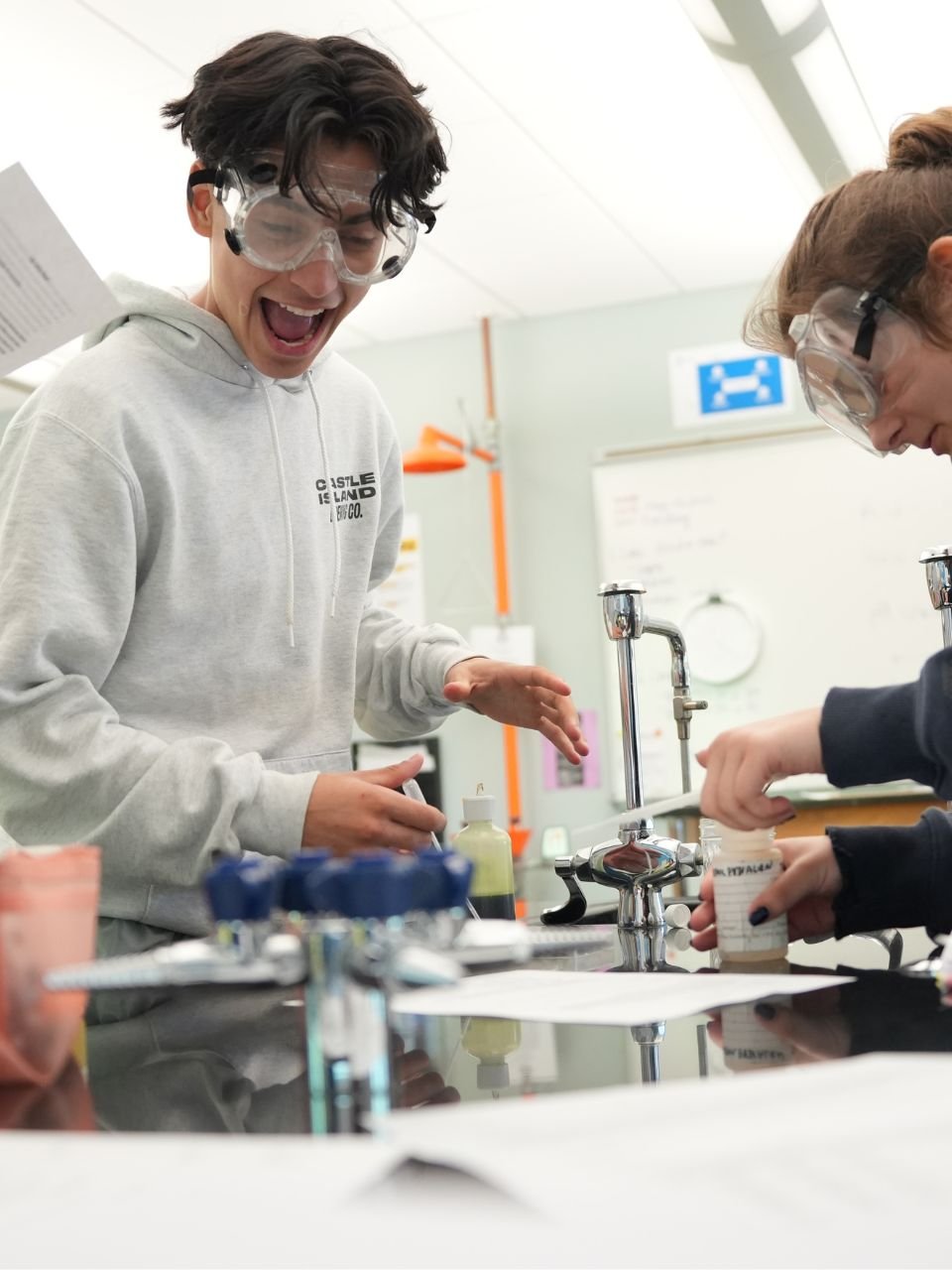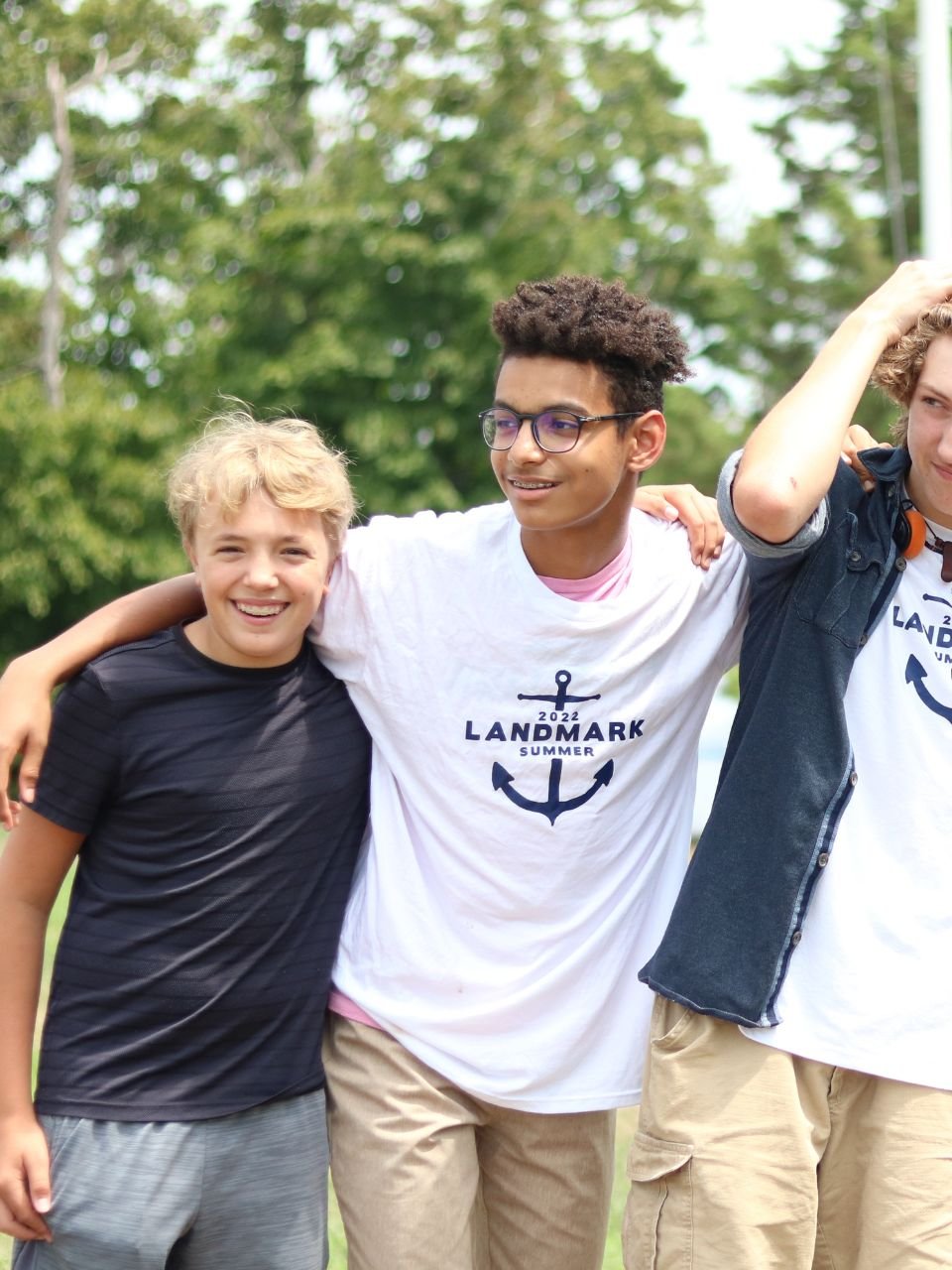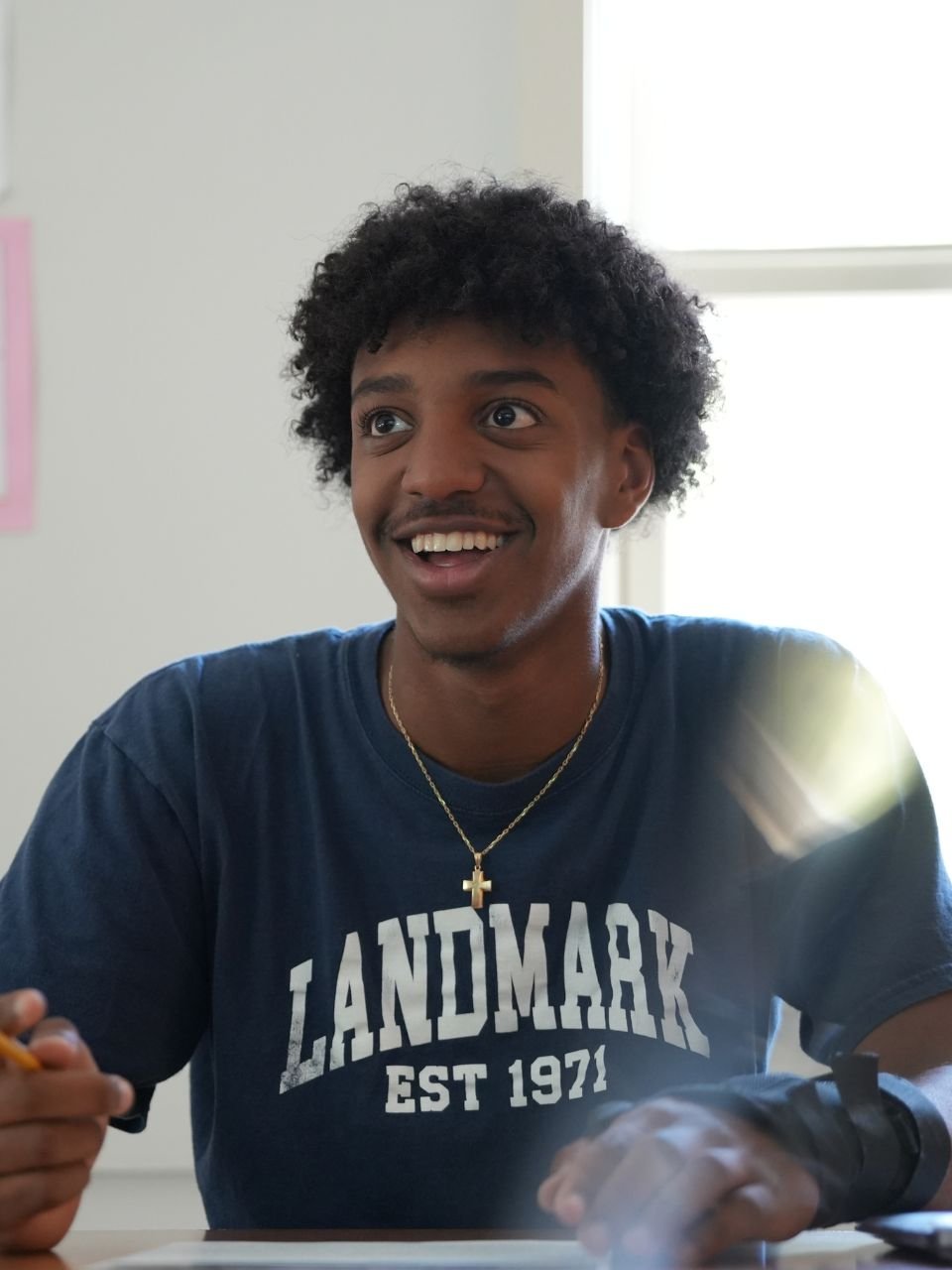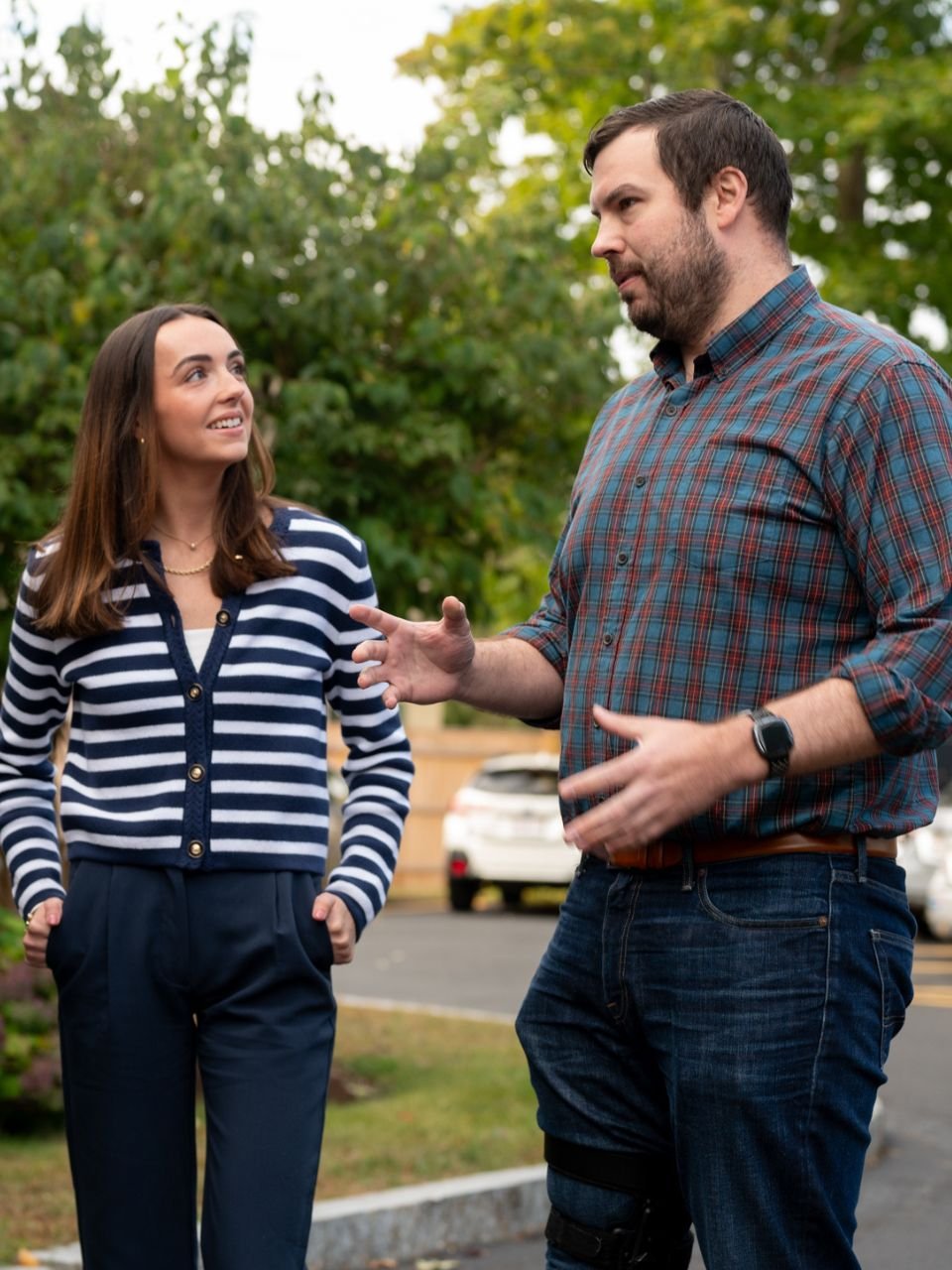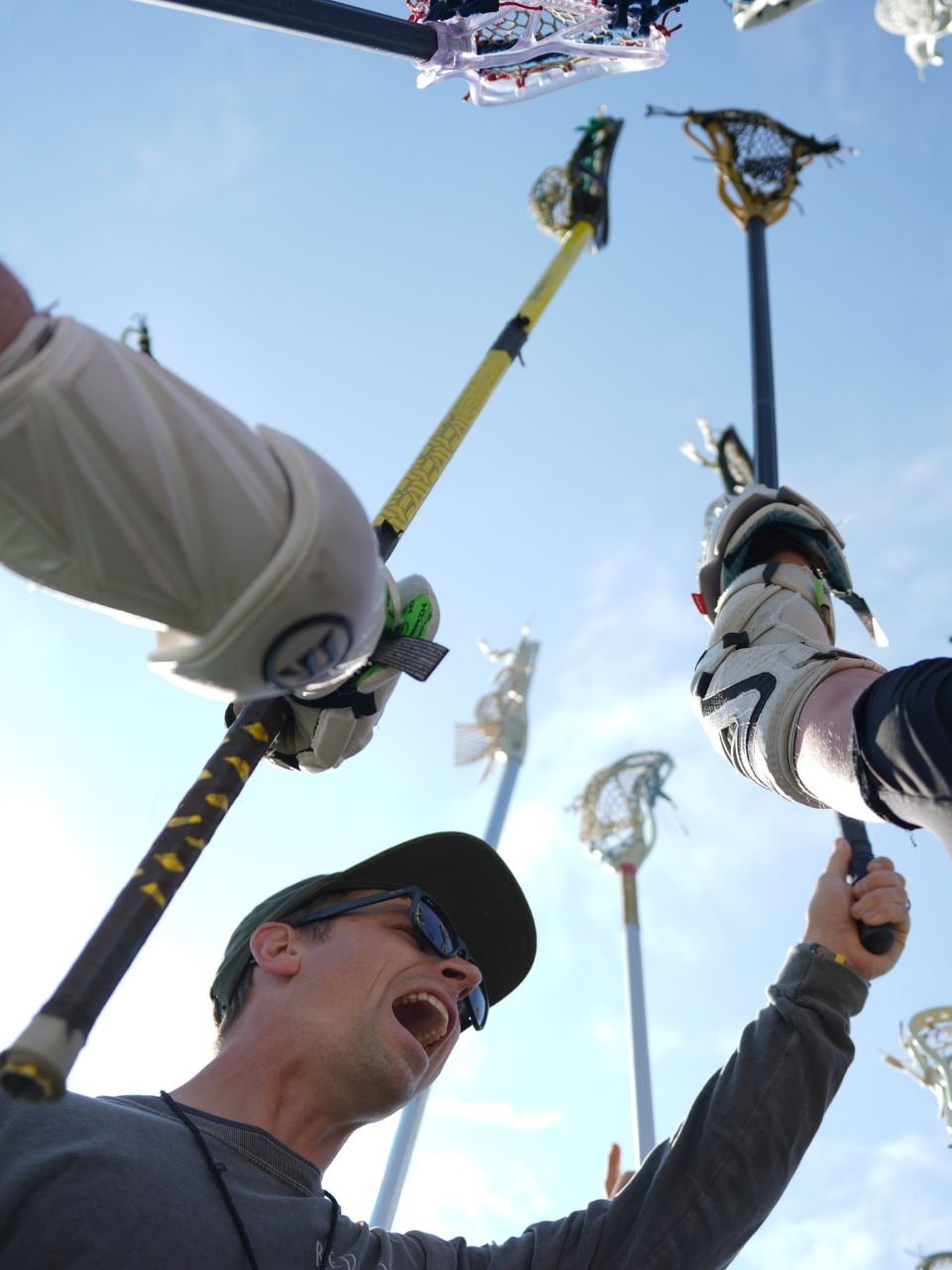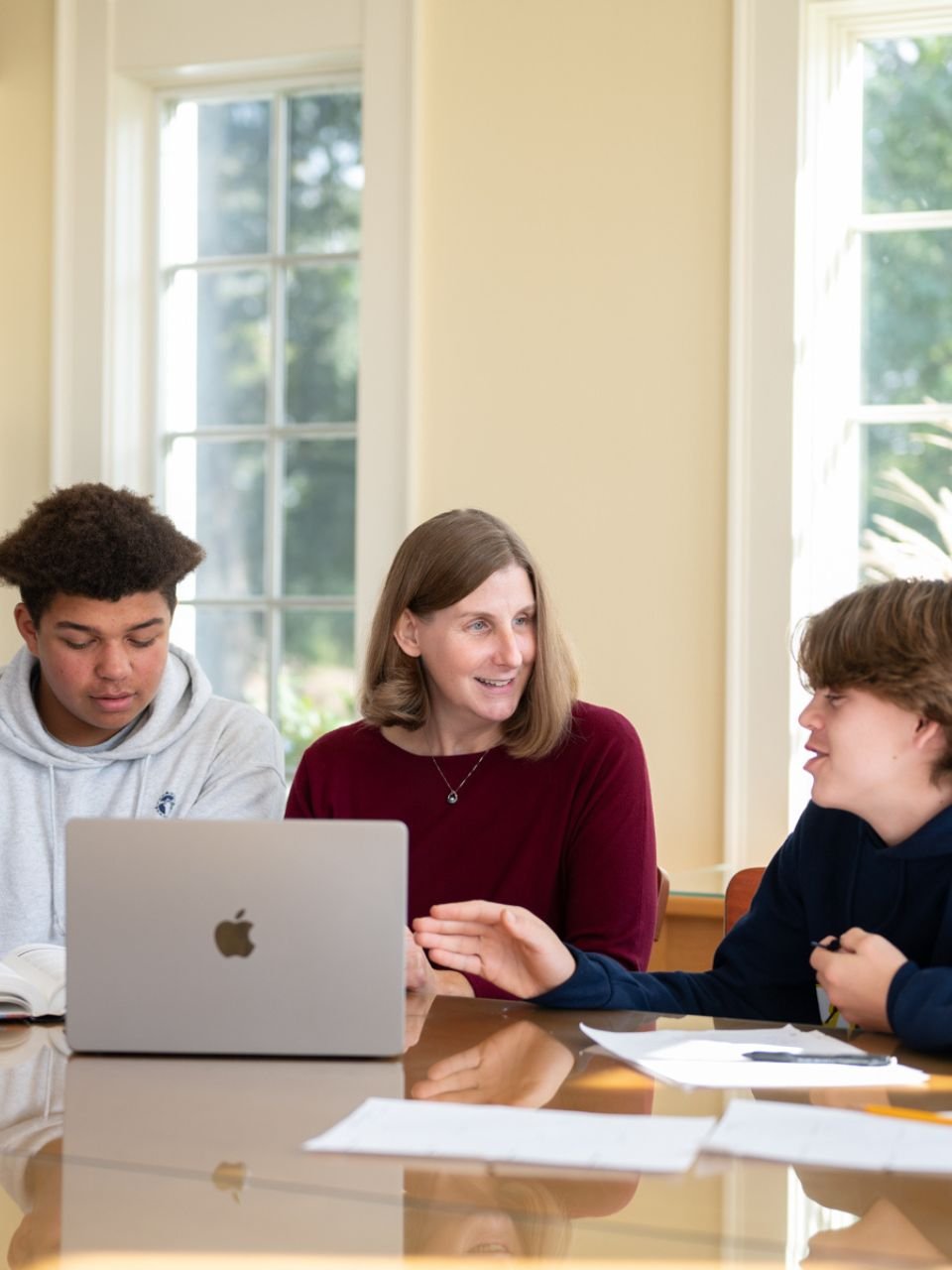- Our School
- Our Advantage
- Admission
- Elementary•Middle School
- High School
- Summer
- Giving
- Parent Resources
- For Educators
- Alumni

Academic Electives
At Landmark School, academic electives offer students the chance to explore their interests, develop real-world skills, and express themselves in creative and meaningful ways. From literature and debate to sign language, early childhood education, and entrepreneurship, these courses encourage curiosity, independence, and personal growth across disciplines.
Literature
Literature classes for students in the Standard and Expressive Language Programs are designed to acquaint students with classic and contemporary literature, expose them to different genres, and give them practice in analyzing literature. In addition, specific skill work is done in comprehension (literal and abstract), literary elements, figurative language, and vocabulary development. Students initially learn and practice applying literary elements within the context of a unit on short stories. Students then read and analyze a classic novel, a contemporary novel and a play. If time allows, students may also have a chance to read a work of nonfiction.
Advanced Literature
The focus of the second-year literature class is to use literature to examine philosophy and life. Underlying philosophies and/or psychological theories are examined, and then used to analyze pieces of literature in terms of what they can teach us about the world and the people in it. A variety of novels, short stories, and essays are used, including The Great Gatsby by F. Scott Fitzgerald, Slaughterhouse Five by Kurt Vonnegut, Jr., Brave New World by Aldous Huxley, and East of Eden by John Steinbeck.
Film & Literature
This class parallels a traditional Literature course in which students read a text and analyze it in terms of various literary elements. However, students in Literature and Film use the visual medium of movies as their text rather than the written word. In addition to literary analysis, students also learn the historical background of the film industry, film-making techniques, and recurring themes in films of the past and today. Written assignments as well as hands-on projects are used to enhance comprehension and assess students’ understanding of the content.
Creative Writing
For students interested in self-expression, reading poetry, or even publishing a book someday, Introduction to Creative Writing is the perfect place to start. In this highly collaborative elective course, students will write, revise, and workshop original fiction, poetry, and nonfiction. Students will also maintain a daily writing journal and learn how to develop a productive, fulfilling creative process. In order to support our writing, we will also read and analyze contemporary texts’ form, stylistic choices, and content. Most course texts will be written by women, people of color, LGBTQ+ folks, and disabled writers, and the course will include graphic fiction and graphic memoir. Throughout the year, students will have the opportunity to meet acclaimed authors during classroom visits and will learn about literary magazines and how to publish their creative work.
American Sign Language
This junior and senior-level class provides students with an introduction to sign language. In addition to studying the vocabulary and grammar of sign language, students are introduced to various aspects of the deaf culture. The class is taught through thematic units in which new vocabulary is introduced and practiced. Students are given ample time to practice both expressive and receptive language skills.
Early Childhood
Early Childhood is an academic elective class within the Study Skills Department. While learning about the field of Early Childhood Education, students learn and practice essential study skills related to the organization of time, materials, and information. The objective of the Early Childhood I Class is to expose students to theories and practices in the area of childhood development and to provide students with field experience in a preschool setting. Students apply various study skills to learn the foundations of early childhood development, including prenatal development, various types of early childhood programs, theories and instructional methods, curriculum development, and nutrition practices. Fieldwork is done at Landmark School’s on-site daycare facility, Tot Spot, working with children ages 12 months to 5 years. Students are closely supervised during all interactions with Tot Spot children. Methods and concepts introduced during class are applied and observed in this field setting. Students may receive Social Sciences credit for this class.
Debate
In Debate class, motivated students will apply previously learned study skills to the task of preparing for and competing in formal debate. Study skills addressed include active reading, critical thinking, note-taking, active listening, speech writing, and public speaking. A student will work in a team to participate in competitive debate scrimmages with other local high school students. With each successive debate, a student will work to strengthen their verbal reasoning and develop their ability to make logical arguments and question, clarify, and find flaws in the arguments of their opponents. The class strives to help a student become more aware of their own learning style by taking advantage of their strengths and compensating for their weaknesses in a real-life, competitive setting.
Entrepreneurship
In this course, students will explore the fundamentals of launching a startup, from idea development to business implementation. Working in collaborative teams, students will apply skills in math, art, engineering, marketing, and creative problem solving to create a product or business. This hands-on, project-based class acts as a business incubator, preparing students with critical thinking, leadership, and communication skills essential for college and career success.





